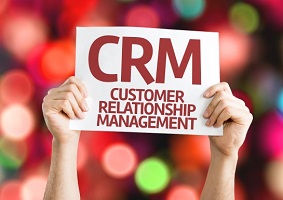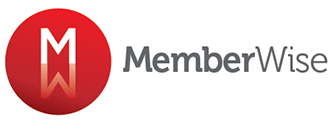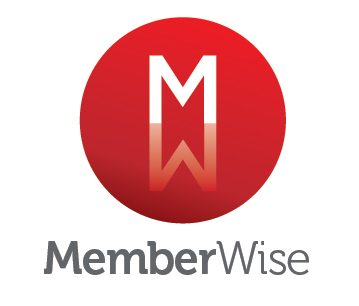Nearly 60% of organisations increased their IT spending in 2020 and this move is set to continue.
This kind of year on year investment is necessary to keep up to date with new and emerging technologies and achieve on-going digital transformation. Interestingly, the biggest is trend is for CRM software with global spending reaching $48.2B in 2018 and an estimated growth to $80B by 2025.
Yet, at the same time we see that not everyone is happy with their CRM software, citing system functionality, limited reporting and issues with integrations as reasons to change provider. The MemberWise Digital Excellence Report 2019 found that a quarter of membership organisations were looking to replace their CRM system in the coming year.
CRM Functionality or Complexity?
However, it could also be argued that the bigger issue is with software complexity. The target audience for most CRM providers is large corporations that have teams of IT professionals to implement the system and support the operation. It is, therefore, these organisations that drive the software development rather than myriad of small businesses and not-for-profit organisations that also use their products.
In selecting a new CRM, the primary focus needs to be on your organisation’s capabilities in maximising the potential of your software. By this I mean not just considering your internal IT skills but also the potential for software adoption across your key personnel. You could have the best CRM money can buy but if it’s so complicated that no-one is using it then it will fail.
Why does an organisation need CRM?
CRM software is particularly good at using automation to streamline your processes, improving both the efficiency and effectiveness of managing your relationships with members and partners. CRM is also a great tool for integrating your organisational processes across member acquisition, marketing and support, with functionalities and features that can strategically help key initiatives across these departments.
With membership engagement, acquisition and retention identified as the top three goals for membership organisations in the MemberWise Digital Excellence Report 2019, getting your CRM investment right is an obvious starting point. Here are a few of the many benefits of CRM you might consider:
Stronger Relationships
The essence of a CRM is about building strong relationships with your members and supporting membership growth. It does this by helping you record and track every contact and communication, then set reminders to follow up. A CRM creates a centralised hub for your membership data and means that any future contact is well informed.
User reports generated by the software review site Capterra shows that 47% of users thought their CRM had significantly improved their retention and satisfaction rates.
Using a CRM will also help you maximise your relationships by using the members’ communication history to categorise them according to their interests or previous transactions. This is particularly useful if you are using a CRM that is integrated with your email marketing so your can increase your targeting and personalisation.
Data & Analytics
A CRM system is designed to hold all your membership data and provide insights and analytics that will help improve your strategies. With all your data in one place you’ll have a better understanding of who your members are and what they are looking for from their membership. However, a CRM is not a magic wand and the first rule is to set a specific goal to bring value to your data. Without a goal, the data will just end up taking space on your hard drive.
Engagement & Retention
As mentioned above, for membership organisations, a CRM really comes into its own when integrated with an email marketing tool. You’ll be able to segment your mailings so you are always talking to the right people, and their engagement will be recorded back to the CRM. Take for example, your last email campaign; with an integrated CRM you would be able to see if your members have been receptive to your messaging, thereby allowing you to adjust it for the next time.
How Do I Select the Right CRM?
Choosing a CRM is not easy as there are hundreds of options available. The range includes everything from US tech giants like Salesforce, which caters for enterprise businesses with large budgets, down to niche CRM software like Really Simple Systems, which is designed with small teams in mind. The best way to decide which CRM is right for you is to pull together a list of ‘must haves’ and research the experiences of those already using the software, then take a free trial to see how it works for you and your team.
Really Simple Systems is one of the world’s largest providers of cloud-based CRM software. Designed for SMEs working B2B it is credited as being super-easy to use with excellent customer support.










Leave A Comment